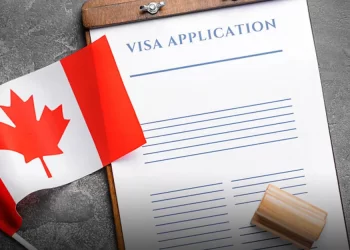Caster Semenya arrives for a landmark hearing at the Court of Arbitration (CAS) in Lausanne, Switzerland, on February 18 2019.
Image: Harold Cunningham / AFP
The UN Human Rights Council (UNHRC) is backing SA Olympic champion Caster Semenya in her fight to continue participating in international athletics events.
They are backing a resolution tabled by SA to support her rights.
“The resolution, adopted in the 46th session by consensus and without a vote is aimed at eliminating discrimination against women and girls in sport, giving significant global weight from a human rights perspective to Caster Semenya’s case,” Dirco spokesperson Ndivhuwo Mabaya said on Thursday evening.
“The international community has a duty to protect and defend the rights of Caster Semenya and other female athletes like her across the world, based on the premise that their human rights are being violated.
“The international campaign to preserve Caster’s right to participate in global sports, is a struggle for all women in the world against discrimination, sexism, and patriarchy,” said international relations minister Lindiwe Sisulu.
MEDIA STATEMENT 21 March 2019
UNITED NATIONS HUMAN RIGHTS COUNCIL ADOPTS RESOLUTION TO SUPPORT CASTER SEMENYA
Geneva, UNHRC,
The United Nations Human Rights Council (UNHRC) today adopted… https://t.co/rzZK6fI19V
— DIRCO South Africa (@DIRCO_ZA) March 21, 2019
The resolution was co-sponsored by Eswatini [Swaziland], Mozambique, Namibia, Zambia, Zimbabwe, Burundi, India, Iceland and Canada.
Meanwhile, the athletics world is waiting for the Court of Arbitration for Sport (CAS) to deliver a decision in the controversial case between the International Association of Athletics Federations (IAAF), and Semenya and Athletics SA.
The Olympic 800m champion went before CAS in Switzerland in February to challenge proposed IAAF rules that would force her to lower her testosterone levels.
The widely criticised rules would force “hyperandrogenic” athletes or those with “differences of sexual development” (DSD) to medically lower their testosterone levels below a prescribed amount.
The IAAF wants to introduce the rule changes to promote what it says will be fairer competition between all female athletes.
CAS was expected to give their final decision on Monday, but announced on Thursday that the decision had been postponed until the end of April.
“Since the hearing held in Lausanne, Switzerland, from 18 to 22 February 2019, the parties have filed additional submissions and materials and agreed to postpone the issuance of the CAS award until the end of April 2019. No specific date has been set yet.”
CAS added: “The arbitration procedures concern the ‘IAAF eligibility regulations for female classification (athletes with differences of sex development)’ that were due to come into effect on 1 November 2018 and which are currently suspended, pending the outcome of the CAS procedures.”
The Times reported on Friday that the delay in a verdict on testosterone levels would not affect Semenya’s participation at the World Championships in September.





















